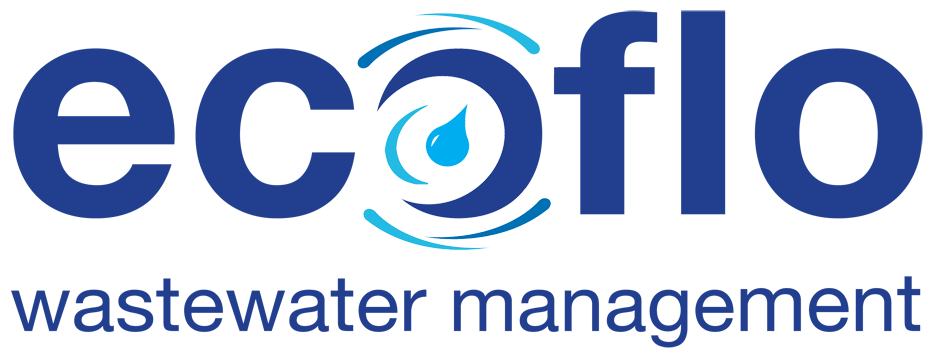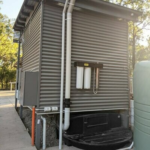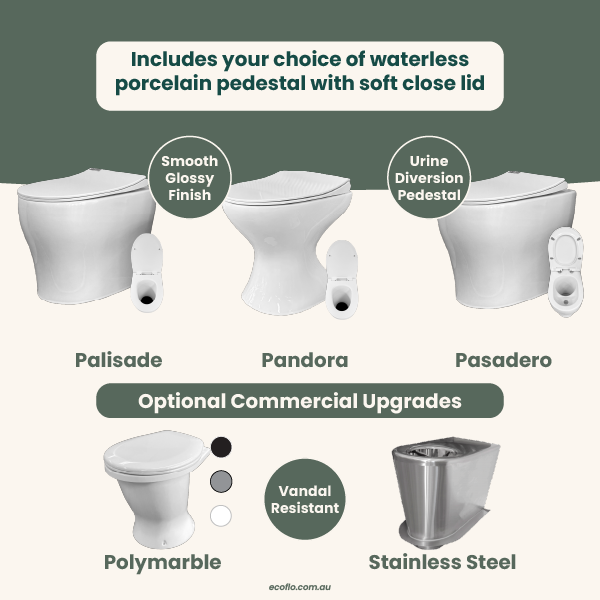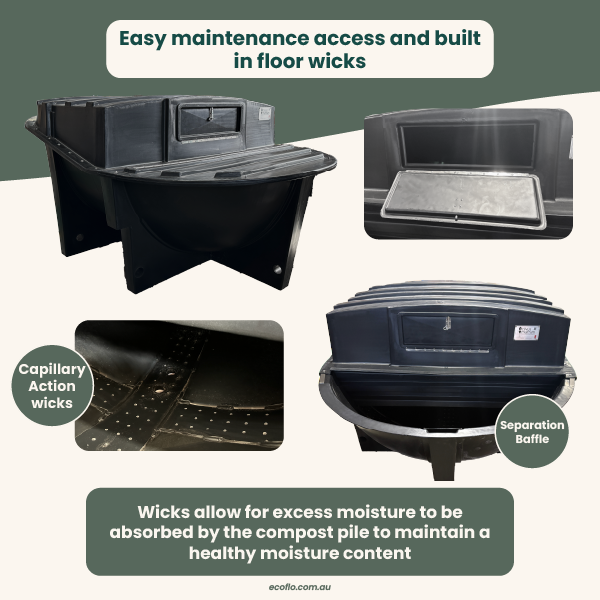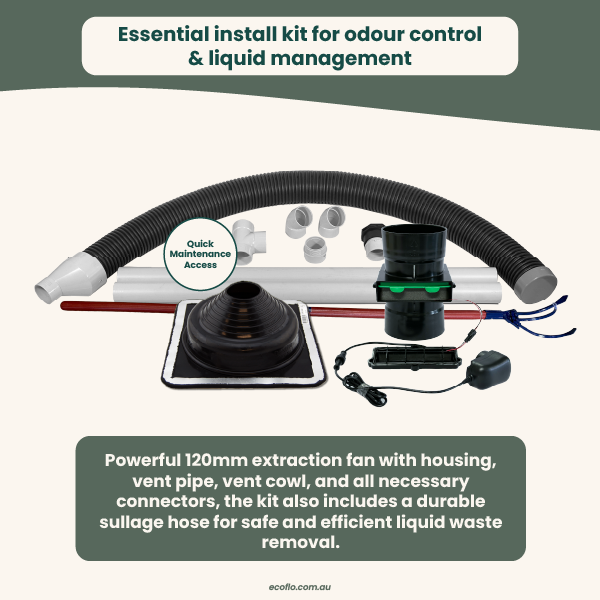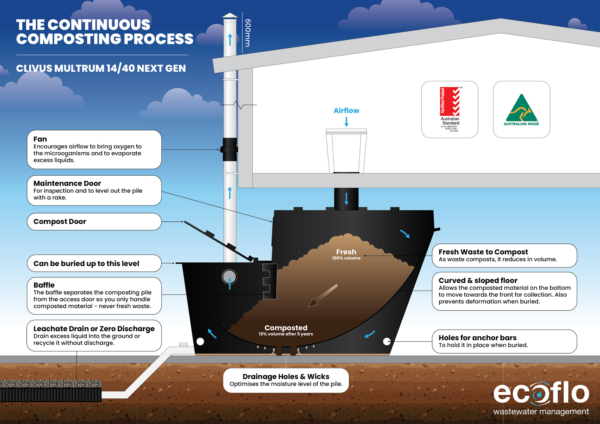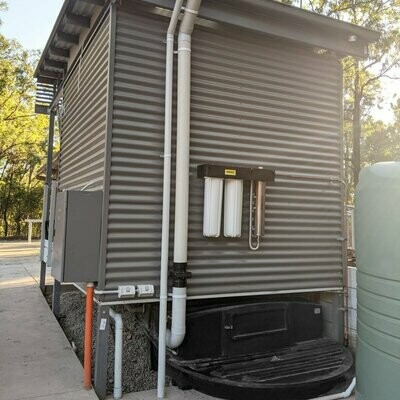Ecoflo is proud to celebrate World Toilet Day by highlighting our commitment to improving sustainable sanitation and health in underserved communities.
This year, we’re excited to share our progress on a project to bring eco-friendly, sustainable toilets to a school in Papua New Guinea. These innovative toilets will provide clean, safe, and dignified sanitation for hundreds of students and teachers.
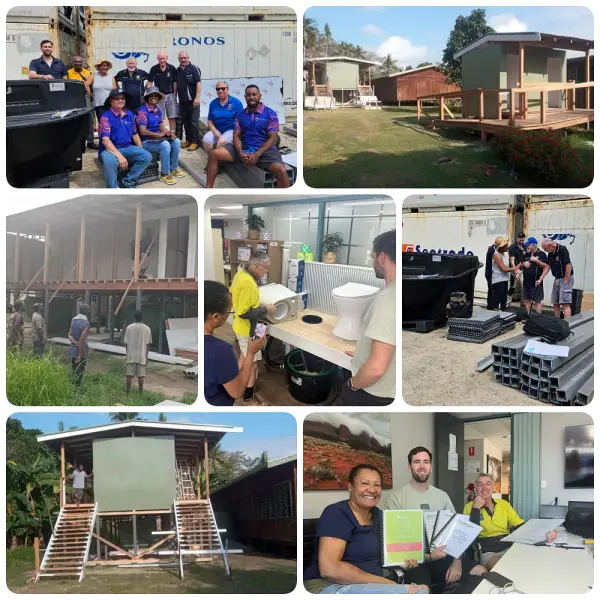
Why Sustainable Sanitation Matters
Access to clean sanitation is a fundamental human right. It’s crucial for preventing the spread of diseases, improving hygiene, and promoting overall well-being. By investing in sustainable sanitation solutions, we can create a healthier and more equitable world.
Public Health
Disease Prevention
Poor sanitation leads to the spread of waterborne diseases like cholera, typhoid, and dysentery. Sustainable sanitation practices significantly reduce the risk of these illnesses, particularly among vulnerable populations like children and the elderly.
Improved Hygiene
Access to clean toilets and handwashing facilities promotes better hygiene practices, reducing the transmission of various infectious diseases.
Enhanced Well-being
Good sanitation contributes to overall health and well-being, leading to improved cognitive development, increased productivity, and reduced healthcare costs.
Environmental Sustainability
Water Conservation
Sustainable sanitation systems, such as composting toilets or wastewater treatment plants, minimise water consumption and reduce the burden on water resources.
Reduced Pollution
Proper sanitation prevents the release of untreated human waste into water bodies, protecting ecosystems and ensuring clean water sources.
Climate Resilience
Sustainable sanitation practices can contribute to climate change mitigation by reducing greenhouse gas emissions from wastewater treatment and promoting the use of renewable energy sources.
Social and Economic Impact
Education
Access to clean sanitation facilities, especially in schools, can improve school attendance, particularly for girls, and enhance educational outcomes.
Gender Equality
Poor sanitation disproportionately affects women and girls, who often bear the burden of water collection and sanitation tasks. Sustainable sanitation empowers women and promotes gender equality.
Economic Development
Healthy communities are more productive. Improved sanitation can boost economic growth by reducing healthcare costs, increasing labor productivity, and attracting investment.
Community Well-being
Access to clean sanitation promotes dignity, privacy, and a sense of community well-being, leading to stronger social cohesion.
Sustainable sanitation is not just a luxury; it’s a fundamental human right and a crucial driver of sustainable development. By investing in sustainable sanitation solutions, we can create healthier, more equitable, and environmentally friendly communities for generations to come.
Sustainable Sanitation in Papua New Guinea
The Lese Oalai School Toilet Project in PNG was initiated by and is managed by The Peter Nathan Loko Foundation PNG.
Eco-friendly Toilets
Our compost toilets are designed to be environmentally friendly and sustainable, minimizing the need for water and chemicals.
Solar Power
Solar power systems are integrated to ensure reliable and clean energy for the toilets and other essential facilities.
Community Training
Providing comprehensive training to the local community on proper hygiene practices, toilet maintenance, and waste management.
Clivus Multrum CM14 Next Gen Composting Tank
From: Original price was: $6,480.00.$5,184.00Current price is: $5,184.00.
